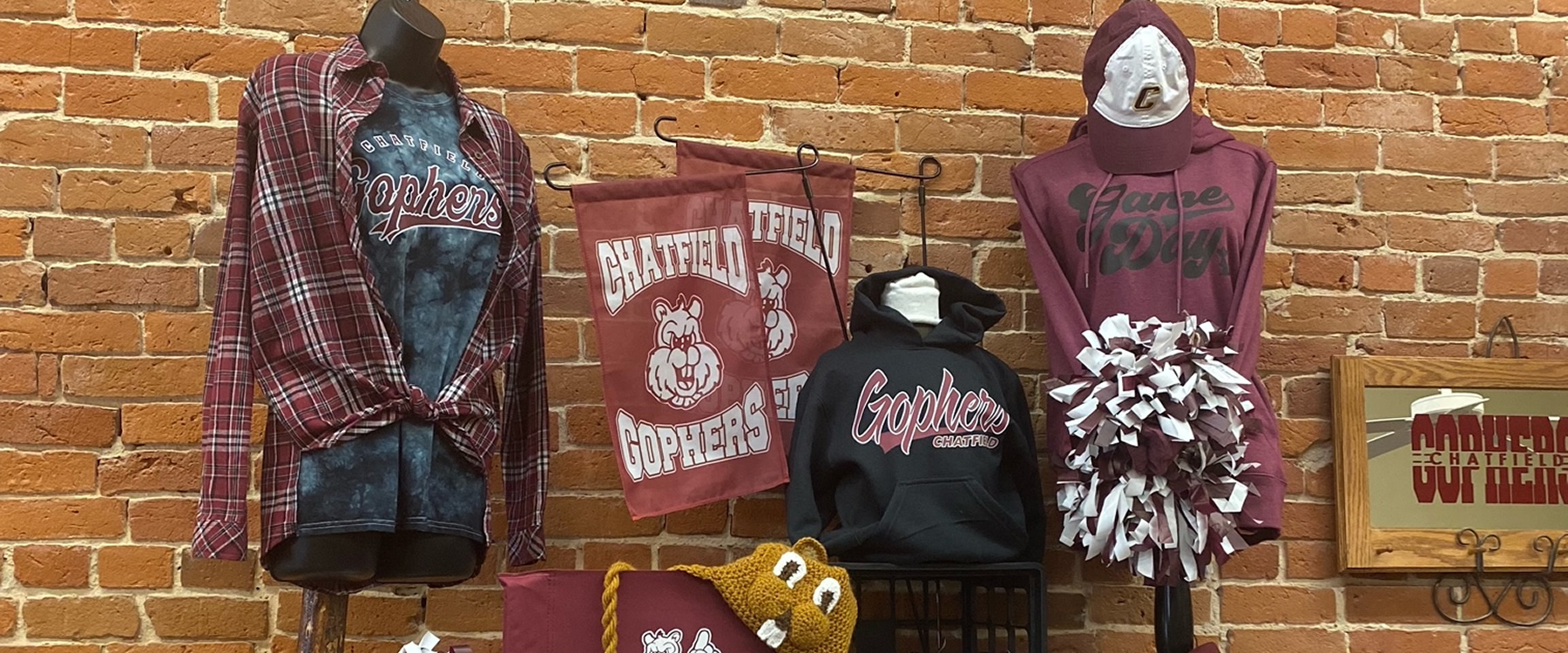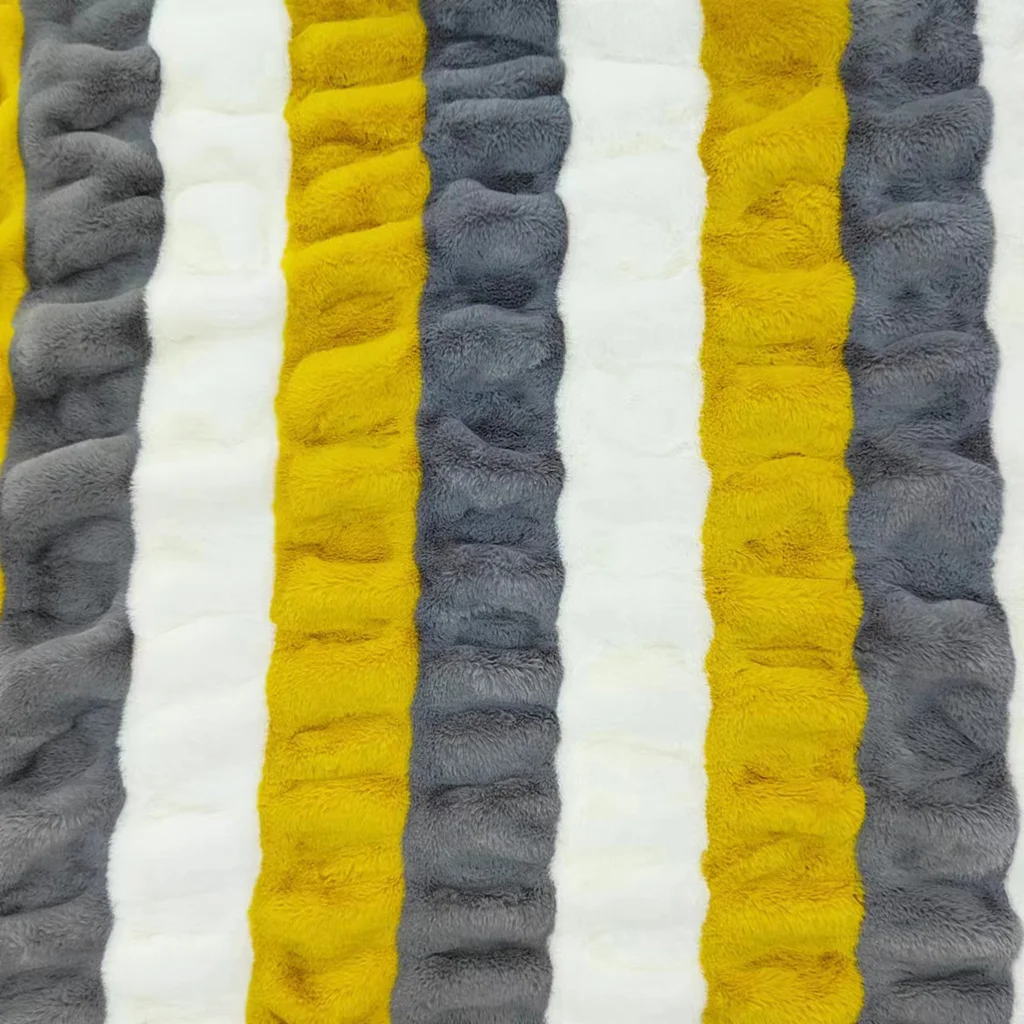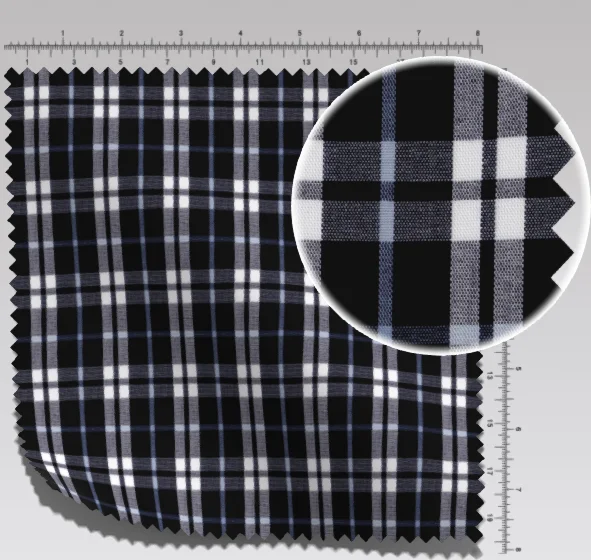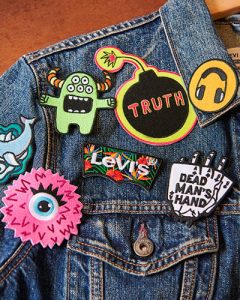In today's fast-paced and interconnected world, personalization has become a ubiquitous phenomenon. From customized products and tailored advertisements to personalized recommendations and individualized experiences, people are increasingly seeking and embracing personalized elements in their lives. This blog post aims to delve into the reasons behind this growing trend, exploring the psychological factors that drive individuals to personalize everything. By understanding these motivations, we can gain valuable insights into consumer behavior and the impact of personalization on various industries.
- The Human Need for Identity and Expression:
One of the primary reasons people personalize everything is the innate human need for identity and self-expression. Personalization allows individuals to showcase their unique preferences, tastes, and values, enabling them to stand out from the crowd and assert their individuality. By customizing their belongings, such as clothing, accessories, or even digital avatars, people can create a sense of personal identity and project it to the world. - Emotional Connection and Attachment:
Personalization fosters a deep emotional connection between individuals and their belongings. When people personalize their possessions, they imbue them with sentimental value and create a sense of attachment. This emotional bond enhances the overall experience and satisfaction derived from using or owning personalized items. Whether it's a monogrammed gift or a customized smartphone interface, personalization strengthens the emotional connection between individuals and their belongings. - Enhanced User Experience and Engagement:
In today's consumer-centric world, personalization has become a key driver of user experience and engagement. By tailoring products, services, and interfaces to individual preferences, companies can provide a more relevant and enjoyable experience for their customers. Personalized recommendations, curated content, and adaptive interfaces not only save time and effort for users but also foster a sense of loyalty and satisfaction. This enhanced user experience ultimately translates into increased customer engagement and brand loyalty. - Psychological Ownership and Control:
Personalization grants individuals a sense of psychological ownership and control over their surroundings. When people personalize their living spaces, work environments, or digital interfaces, they create a sense of familiarity and comfort. This feeling of ownership and control can alleviate stress, enhance productivity, and improve overall well-being. Personalized environments also enable individuals to exert their preferences and exert control over their surroundings, leading to a greater sense of autonomy and satisfaction. - Social Validation and Recognition:
Personalization often serves as a means of social validation and recognition. By personalizing their belongings or experiences, individuals seek approval and admiration from others. Customized luxury goods, personalized social media profiles, or unique fashion choices can act as status symbols, signaling one's taste, wealth, or creativity. Personalization allows individuals to differentiate themselves and gain social recognition, reinforcing their self-esteem and social standing.
Conclusion:
The increasing trend of personalization can be attributed to various psychological factors, including the human need for identity and expression, emotional attachment, enhanced user experience, psychological ownership, and social validation. Understanding these motivations is crucial for businesses and marketers to effectively cater to consumer preferences and create personalized experiences. As personalization continues to evolve, industries across the board, from fashion and technology to marketing and hospitality, must adapt to meet the growing demand for customized products and services. By embracing personalization, companies can forge stronger connections with their customers and foster long-term loyalty in an ever-evolving marketplace.








+ There are no comments
Add yours